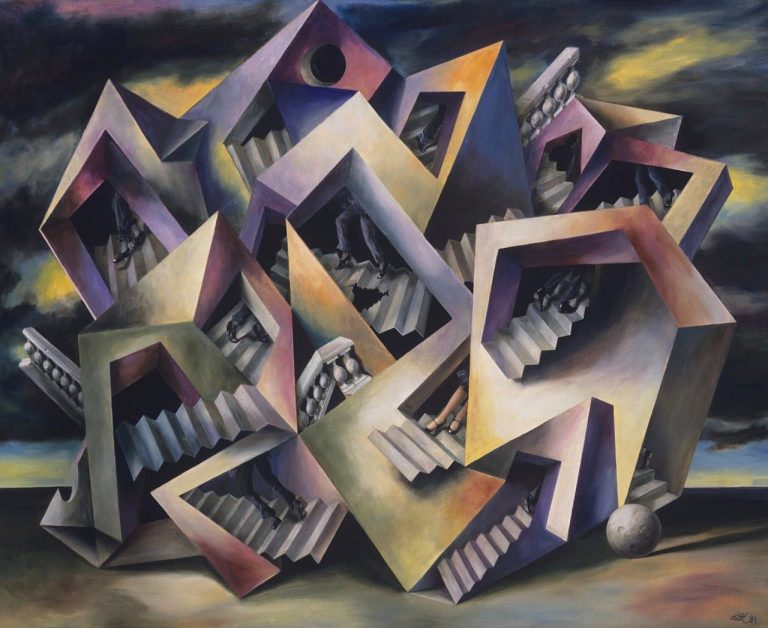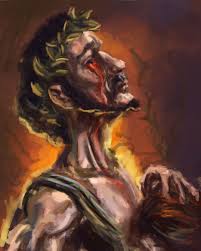Electra, Subversion of Oedipus?
First things need be dealt first: At the heart of the mother-son-father triangle lies a complex that derives its name from the Greek myth of Oedipus the Rex. On purpose did Freud choose such title for this phenomenon. He concluded that perhaps, especially amongst boys, it is a propensity to direct our early “impulses” towards our mother— the first instance of the other sex to males. However, according to an ongoing discussion, phenomena such as the “castration anxiety” and “possession” are more to be tangibly comprehended, when the topic is pointing at boys, considered an auspiciously wholesome sex. And since, mostly debated upon, in case of the girls, is Sophocles’ Electra, where there is no such noticeably going on incest in the father-daughter relationship for consideration. That being said, a new stream of consciousness discovers that this father-daughter relationship, actually more than being literal, takes place metaphorically within: Electra is bereft of maternal care, love, and attention, so naturally, she directs her passion towards a father that is absent, and in extention, Orestes, her brother. Note: In the Greek culture of the time, if a woman were to prove to be a heroine, she was not to step out of some boundaries of loyalty and faithfulness. For example, she’d continually practice keeping her chastity and celibacy. She would not replace tolerance on suffering with violating the rules. So, Electra kept herself childless and unmarried to remain faithful to not only the memory of Agamemnon, her father, but beyond that Orestes, her brother. So, for a Greek woman, to remain outstanding, such father-daughter metaphoric incest would she rather let in than if she were to invest such a space of time by substituting it for marital and childbearing ends. Therefore, for Electra complex to gain validity, a metaphoric cause-and-effect relationship is to function justifiable than the male version of the complex, which operates more conclusively, for the comprehension of it is more likely to be supported by the presence of features.
Queer in Symbolic
The American theorist David M. Halperin writes, “Queer is by definition whatever is at odds with the normal, the legitimate, the dominant…. It is an identity without an essence.” That itself brings up the notions of gender, sex, and sexuality, which if explored within the boundaries of queer theory will be discovered to be “free floating” tenets. Sex is by far, in this domain, neither a possession nor a “static description” of being; it is one of the norms, movable and unfixed, by which the “inetlligibility” of a body in the cultural domain is examined, determined.
On the other hand, there’s the symbolic “demand”, in Lacanian terms, which one grapples with to “assume a sexed position”. Hereby, castration happens which, in different functionalities, moves both the masculine and feminine sexes. Taking that castration works through punishment to gender the sexes, there on the spectrum lie two “inarticulate” ends including the “feminized fag” and the “phallicized dyke”. The tendency to avoid either of these two levels under the influence of heteronormativity is what compels an individual to assume a sexed position, thereby keeping away from as well as abjecting the queer (gay & lesbian) possibilities.
One of the major tendencies that influences such a resistance against identification with the masculine feminization/ feminine phallicization is: to work in alignment with the dominant heterosexual powers of the society. Either way, the Oedipal scenario (Oedipus/ Electra) strongly depends upon the threatening vibrancy of the threat (of castration) it poses! But what would it be like? Like what would happen to the Oedipal, if what was considered taboo- not just subverted in any way- was to be overturned/ redefined?
References:
Butler, Judith. Bodies That Matter. New York: Routledge, 1993.
Butler, Judith, ed. Gender Trouble: Feminism and Subversion of Identity. New York: Routledge,
1990.
Gherovici, Patricia. Please Select Your Gender. New York: Routledge, 2011.
Willner, Dorothy. “The Oedipus Complex, Antigone, and Electra: The Woman as Hero and
Victim”. University of Kansas.
Maytham Khaghani





